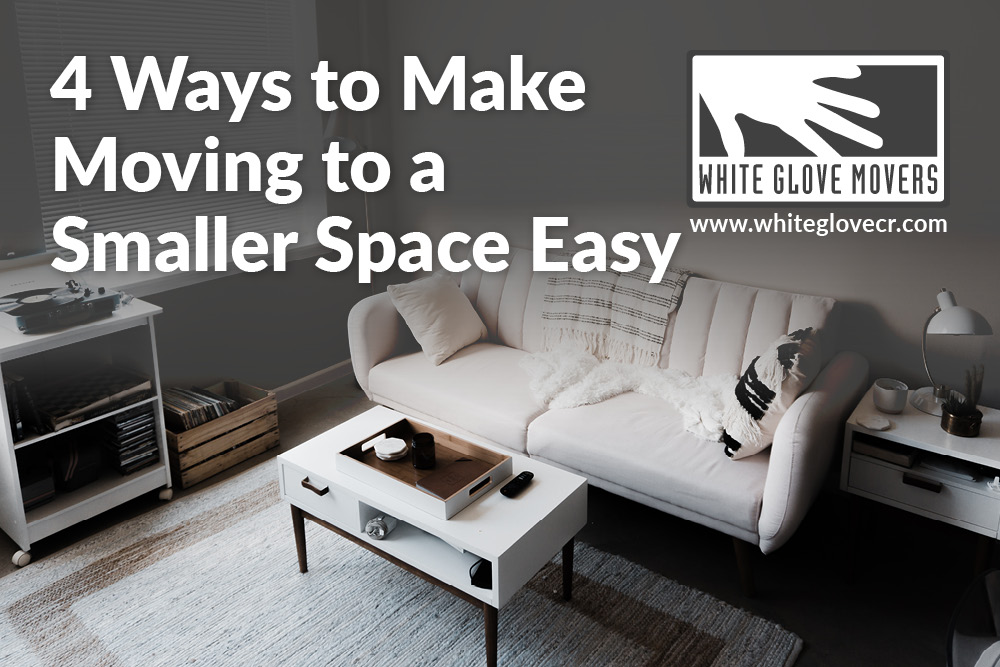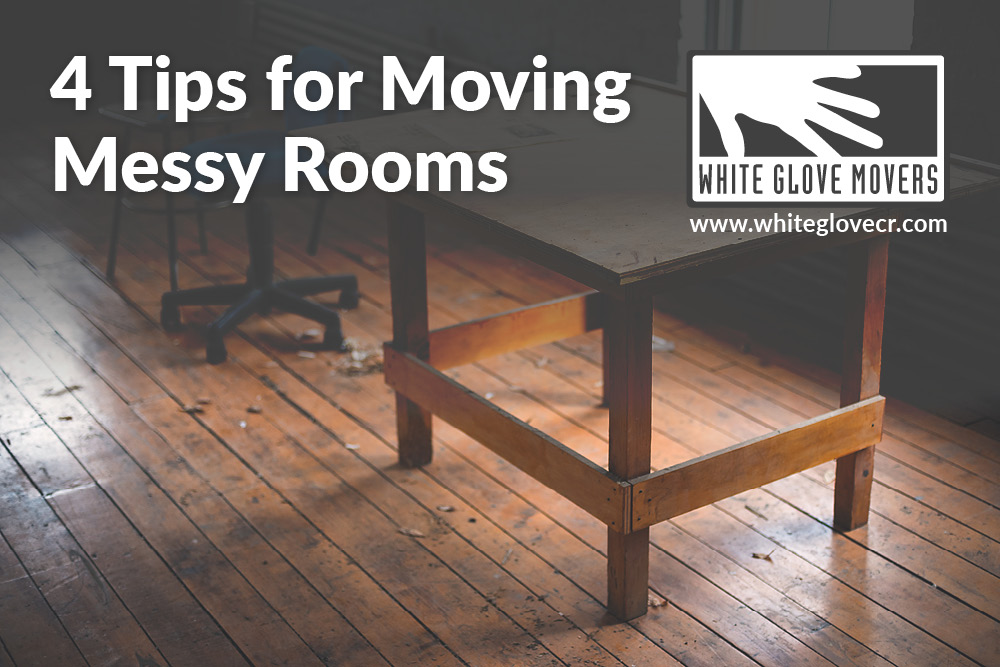The packing team of a residential moving company is generally an experienced group of employees. Often times, they have years of experience in the moving industry and can pack household goods like nobody’s business. They’re trained to move quickly and efficiently, know how to pack tightly and carefully, and can pack a container without making it too heavy or too light.
Residential movers have been trained to provide high-quality work and can make packing look easier than it is. When the packing team first enters your home, they’ll walk with you and listen to your concerns, taking notes on what items need to be handled delicately and what needs to go where when you get to your new space. Once they have a good understanding of what needs to happen, they’ll move around your home and pack everything accordingly. With that being said, you may still have some questions. Here are some common ones we frequently get:
What do your packing services include?
The first item on the agenda is to protect your home. Reputable moving companies will protect your floors no matter the season. Next, the packing materials will be brought in. Items like packing tape, cartons, boxes, and paper are industry standards. Unless you have specific requests, your items will be packed according to rooms. To get the most out of our time, we’ll split up, so one member of the team will work on the kitchen while another starts in the bedrooms. Each of the boxes will be labeled according to the room, not the items within. If you want to add more descriptions regarding items, you can make notes on the boxes yourself. A good rule of thumb is to expect professional packers to complete between 100 and 150 boxes per day.
Can my items be damaged?
Professional packing teams are trained to wrap and protect items by placing them in specific ways within a box or carton. We can’t guarantee that absolutely nothing we get broken since different circumstances can influence this, but damage is less common when a professional team handles the packing.
Why are my items packed so quickly?
Keep in mind that packers don’t have emotional attachments to your items that you do, so we’re able to get the job done quickly. It’s not that we don’t care about your belongings, it’s that we have a job to do and want to help you to the best of our ability. It will be up to you to enjoy the emotions and memories when you start the unpacking process in your new space.
Am I required to be there while the packing team is there?
Yes. It’s important to make sure your children and pets stay safely out of the way so we can get the job done. There may also be loose parts and pieces that we may ask you about, so it’s always good to be there just in case.
Will I like having my items packed for me?
We believe you will, yes. If you take the proper preparation steps, we believe you’ll enjoy the experience. To be honest, who wouldn’t love having someone else do the packing for them? To minimize stress for everyone involved, take some time to prepare before your items are packed up. We specialize in residential moving and you know your belongings better than we do, so let’s work together to get everything where it needs to go. Should you have questions, don’t hesitate to ask! We’ll give you the details regarding what you need to do before packing begins.
Make the moving process a simple one by calling White Glove Movers. We’re a professional moving company that specializes in intrastate and interstate moves. We’re also happy to handle the packing for you. Give us a ring today and we’ll get you an estimate.





